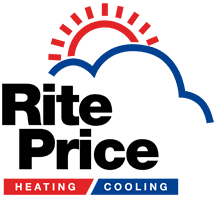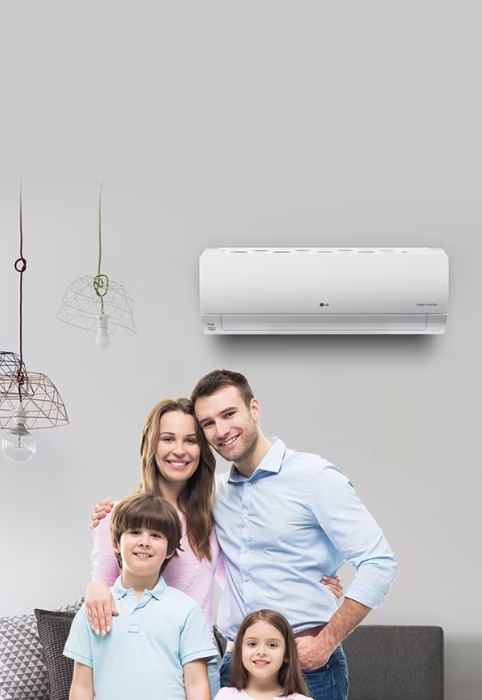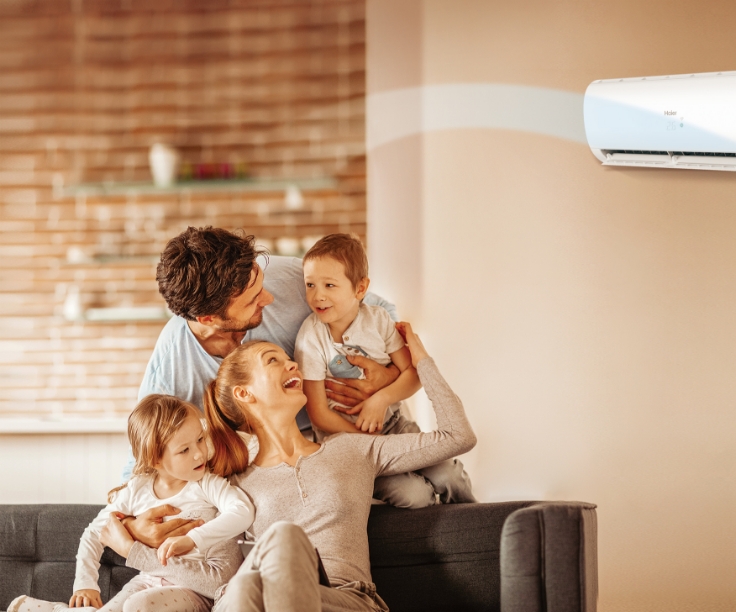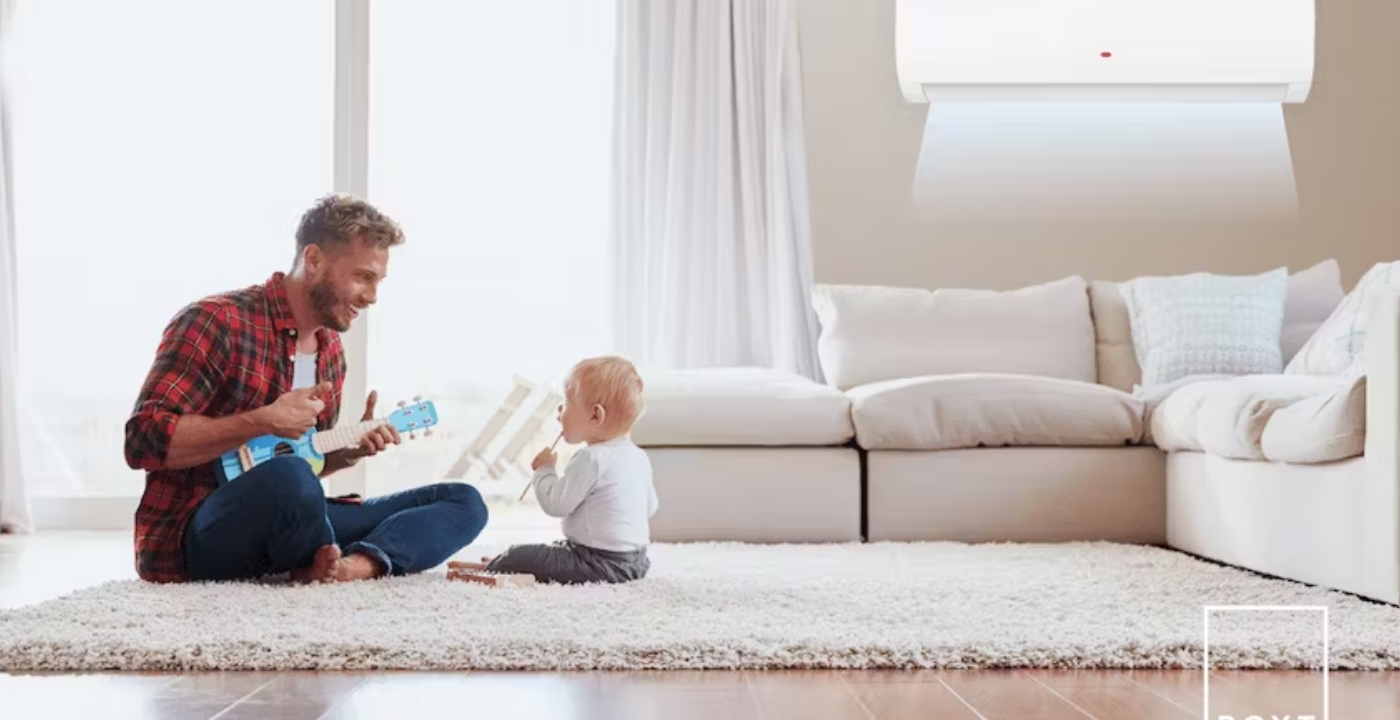Tips and Tricks to Optimize Your Heating System and Avoid Waste
Home energy costs make up nearly 50% of homeowners’ yearly expenses. It is crucial to take advantage of every opportunity to lower these costs. Installing energy-efficient systems can help reduce overall energy expenses. The key is to choose a system that suits your home’s specific needs. Additionally, there are simple fixes you can implement right away to see immediate results. It’s important to keep heat from escaping from your home and use it efficiently. Remember the saying “waste not, want not.” So, when considering either a complete system installation or improving heating system management to cut energy costs, keep this list of options in mind.
Selecting an Efficient and Effective System
What is the size of the area to be heated? Does your home have an open plan or is it riddled with rooms with doors? Traditional furnace heaters can be inefficient and costly, but there are several options to help unburden the reliance on this older equipment.
Considerations for Area Size and Layout:
- Determine the size of the area that needs to be heated.
- Assess if your home has an open plan or multiple rooms with doors.
Reducing Reliance on Traditional Furnace Heaters:
- Traditional furnace heaters can be inefficient and costly.
- Explore alternative options to reduce dependence on older equipment.
- Consider a heat pump system that works with your existing furnace.
- A heat pump draws warm air from outside, providing maximum heating with less energy consumption.
Insulation Upgrades for Heat Efficiency:
- Insulation upgrades may be recommended during an inspection.
- Pay attention to areas around vent pipes and joints, which can lead to heat waste.
Enhancing Heating in Rooms with Doors:
- A heat pump unit can improve heating in rooms with doors.
- It moves warm air from one area to another in your home.
- This prevents overheating in unnecessary areas and ensures even warmth throughout the house.
The Impact of Installation and Maintenance on Efficiency
If units are not installed properly, it can decrease the system’s efficiency by as much as 30%. This may shorten the equipment’s lifespan and lead to higher power consumption, resulting in increased yearly energy costs. It is advisable to perform regular maintenance on the unit each year to ensure its proper functioning. This includes cleaning the filter and having a qualified contractor inspect it. Just like you would get quarterly oil changes and inspections for your vehicle, your heating and cooling system also requires the same level of care and attention.
Insulation and Sealing Ducts for Better Results
The ducted heating in your home is responsible for distributing both hot and cold air. If they are not properly sealed and insulated, you could lose around 20% of the air through cracks and gaps in the ductwork. A good place to start addressing this issue is in the attic. Usually, in unconditioned spaces like the attic, garage, or crawlspaces, a significant amount of air and energy is lost during extreme hot or cold weather. By giving proper attention and insulating these areas, you can make a notable impact on your energy bill. If you’ve noticed that certain rooms in your house are difficult to heat or cool, or if they feel stuffy and uncomfortable, it might be due to poor duct sealing. Some homeowners take on this project themselves, but it’s important to be careful when working on the connections at vents and registers where they meet the floors, walls, and ceiling, as these are common areas for ductwork damage or disconnection. Using long-lasting sealant materials is recommended instead of duct tape, which is not as durable.
Efficient Heating through Smart Choices
Saving Fuel Consumption by Selectively Heating
- Save on fuel consumption by not heating unused areas of your home.
- If you decide to “shut out” a room, make sure to seal it properly by closing vents and insulating it from the rest of the house.
- Remember to provide some warmth to pipes in the walls to prevent freezing and bursting in extremely cold temperatures.
Finding the Right Balance for Efficiency
- An unbalanced system can strain your heating equipment.
- Consult a specialist to achieve the optimal balance between comfort and efficiency.
- Installing a programmable thermostat is a simple way to conserve energy.
- A programmable thermostat automatically adjusts heat levels and distribution, reducing wasteful energy usage.
Whether you choose to take small steps with home projects or upgrade your entire ducted gas heating system, consult Rite Price Heating and Cooling’s energy specialist who can assist you throughout the process. By considering your specific heating needs, you can ensure the maximum benefits from your appliance, eliminating wasteful heating and unnecessary expenses.







